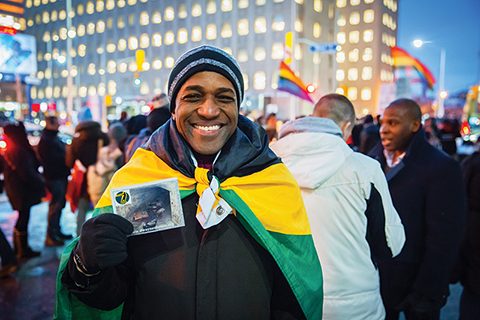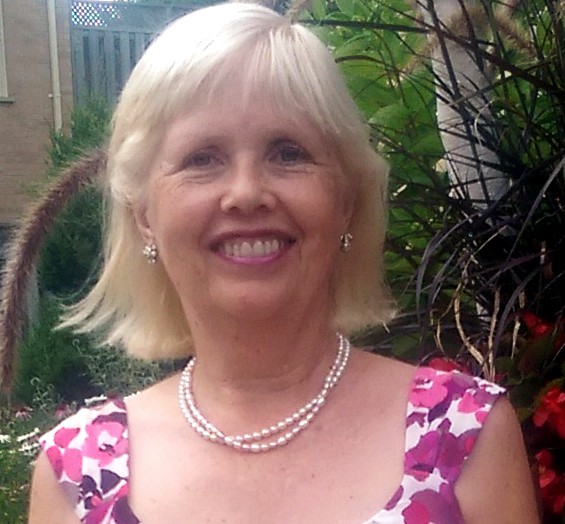In Canada, same-sex marriage has been legal for almost a decade, but in many parts of the world being gay is a crime. In Jamaica, men who have sex with men are sentenced to 10 years at hard labour. In northern Nigeria, same-sex relations are punishable by death.
To promote a dialogue on lesbian, gay, bisexual and transgender rights around the globe, U of T is hosting the World Pride Human Rights Conference from June 25 to 27. In conjunction with World Pride 2014, the conference is drawing together LGBT activists, educators, journalists, lawyers and artists from more than 60 countries.
“Our matrix for success will be how well we use the conference to platform LGBT rights,” says Brenda Cossman (LLB 1986), a conference co-chair and the director of U of T’s Bonham Centre for Sexual Diversity Studies.
Staging the international conference is a gargantuan task for the Centre, which has no fulltime faculty. “By far, this is the biggest adventure the Bonham Centre has ever had,” says Cossman, who doubles as a U of T law professor.
Many of the individuals slated to speak at the event are prominent trailblazers. At one microphone will be Jóhanna Sigurðardóttir, Iceland’s first female prime minister and the world’s first openly lesbian head of government. At another mike will be Frank Mugisha, who is risking his life to advocate for gay rights in Uganda. Also to speak is Monica Mbaru, a Kenyan judge urging police across all of Africa to take decisive action against those who rape and murder LGBT people.
One of the many volunteers helping co-ordinate the conference is Maurice Tomlinson, a lawyer who will speak on his efforts to advocate for fair human rights legislation in his native Jamaica. Tomlinson is helping lead a charity for LGBT youth whose parents, on learning that their child is gay, kicked their child out. “As an activist, I think I have developed a thick skin, but at times I am speechless,” says Tomlinson, offering a picture of homeless boys sleeping in the sewers of Kingston, Jamaica.
“What we’re witnessing is like the Holocaust, and the response from the world has been pitiful,” he continues. “In Nigeria, people are rounded up and hunted like animals. Before the Olympics, President Putin stated that Russia needs to ‘cleanse’ itself of homosexuality.”
“Gay rights are at a tipping point,” says Cossman, “but which way are they tipping?”
Watch journalist Andrea Houston and activist Frank Mugisha discuss why a World Pride Human Rights Conference is important:







No Responses to “ Rights under Siege ”
While I understand the plight of the LGBT community, I am outraged that the author of this article compares the plight of LGBT people to the Holocaust.
This is a horrible insult to the Jewish and non-Jewish victims of the Holocaust. The Holocaust was the most tragic event for the Jewish people. There is no comparison of the scale and evilness of the Holocaust with what the LGBT community is facing.
Also, since I speak Russian and have been listening to what Putin had been saying on the issue, I have heard him say things about homosexuals that might have been insulting, but I never heard him use the word cleanse or say anything to that effect. Even though I understand the anger over Putin, misrepresenting what he said makes you lose credibility.